Scarlett Johansson steps behind the camera for the first time in Eleanor the Great, a drama that explores grief, identity, aging, and deception. The film, led by a powerful performance from June Squibb, is heartfelt and well intentioned—but its moral complexity and tonal inconsistencies leave it feeling more bittersweet than triumphant.
Plot & Premise
The story follows Eleanor Morgenstein, a 94-year-old widow who moves from Florida to New York after the death of her lifelong friend and roommate, Bessie. Eleanor is lonely, disconnected from her daughter and grandson, and adrift in a city full of reminders of what she’s lost. One day she accidentally joins a support group for Holocaust survivors. Rather than correct the misunderstanding, Eleanor allows others to believe she is a survivor herself. She begins telling Bessie’s stories of survival and loss as if they were her own.
The deception becomes more than a lapse in judgment when a young journalism student, Nina, becomes emotionally invested and wants to profile Eleanor for her class. Eleanor forges a fragile bond with Nina and Nina’s father, Roger, a local journalist. As the lie grows, the ethical stakes rise. What began as a coping mechanism becomes a burden, for both Eleanor and those who believe her story.
Performances & Characters
- June Squibb plays Eleanor with remarkable nuance. At her age, she brings authenticity and depth to a character whose strength and frailty live side by side. Her moments of humor, stubbornness, grief, and confusion are all deeply felt.
- Erin Kellyman as Nina is empathetic and emotionally open. The film leans on the contrast between Eleanor’s long-lived losses and Nina’s more immediate grief over her mother’s passing. Their relationship is the emotional heart of the film.
- Chiwetel Ejiofor as Roger (Nina’s father) adds gravitas, especially in scenes where truth, journalism, and personal integrity collide.
- Jessica Hecht as Eleanor’s daughter, Lisa, represents the generational and cultural divides. Her discomfort with Eleanor’s behavior isn’t always expressed in anger, but in sorrow—what to do with a parent who refuses to move on—or move into assisted living.
Direction, Tone & Thematic Threads
Johansson’s direction is sensitive and understated. She allows scenes of friendship, reminiscing, and small daily rituals to breathe. Cinematography and pacing favor quiet moments—conversations on benches, walks in the city, the shifting light of memory and age.
However, the film wrestles unevenly with its central wrongdoing. Eleanor’s deception is emotionally driven, but the film is less interested in the consequences than in the redemption journey. Critics note that the film leans toward absolution rather than interrogation—while Eleanor’s motives (loneliness, grief, identity) are explored, the ethical breach is resolved with gentler apologetics than a story of this kind might demand.
The climax veers toward the melodramatic, and the resolution tends to soften moral tension. For some viewers, this gives the film an emotional lift; for others, it undercuts the severity of what Eleanor has done.
What Works, What Doesn’t
Strengths:
- Squibb’s portrayal is exceptional. It’s rare to see characters in their 90s given such central, complex roles, and she embodies Eleanor’s contradictions with heart and humor.
- The film’s meditation on grief and aging rings true. Moviegoers who’ve lost long-time friends will recognize the ache, the longing, and the moral compromises loneliness can bring.
- The relationship between Eleanor and Nina offers a touching bridge between generations—a reminder that loss is universal, though experienced differently.
Weaknesses:
- The ethical dimension feels underbaked. Eleanor’s deception has real implications—not only to those she deceives but to cultural memory and survivors’ experiences—but the film avoids dwelling on the harm.
- Some narrative conveniences feel unlikely: characters’ trust, the speed at which the lie escalates without detection, and the resolution seem contrived in places.
- Tone shifts and emotional peaks sometimes clash—scenes aiming for heartwarming may slip into heaviness, or vice versa, sometimes jarring rather than seamless.
Final Take
Eleanor the Great is a touching, modest film. It’s Johansson’s first foray as director, and she shows promise: an eye for human detail, an affection for her cast, and an emotional honesty that many dramas lack. But the film also reminds us how delicate it is to tell stories rooted in historical trauma and personal deception. The choice to not linger on moral ambiguity ultimately limits its impact.
For fans of character-driven dramas, stories of later life, or anyone moved by stories of friendship, aging, and sorrow, Eleanor the Great has much to offer. It may not be perfect—but it is sincere.

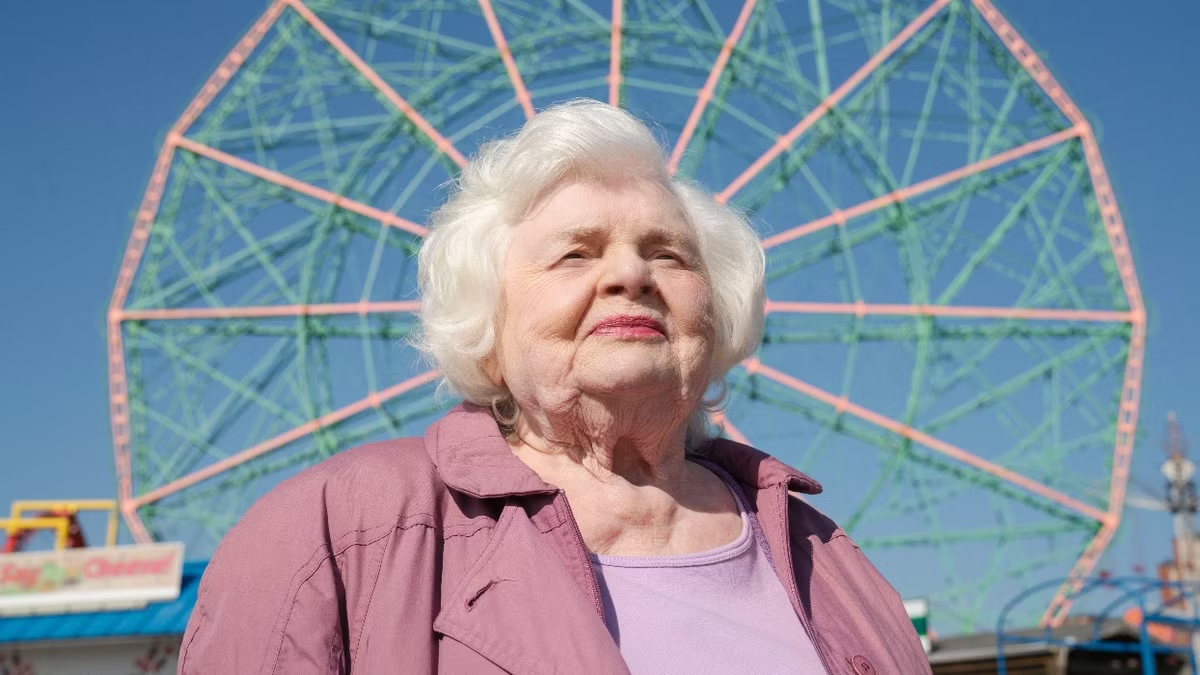



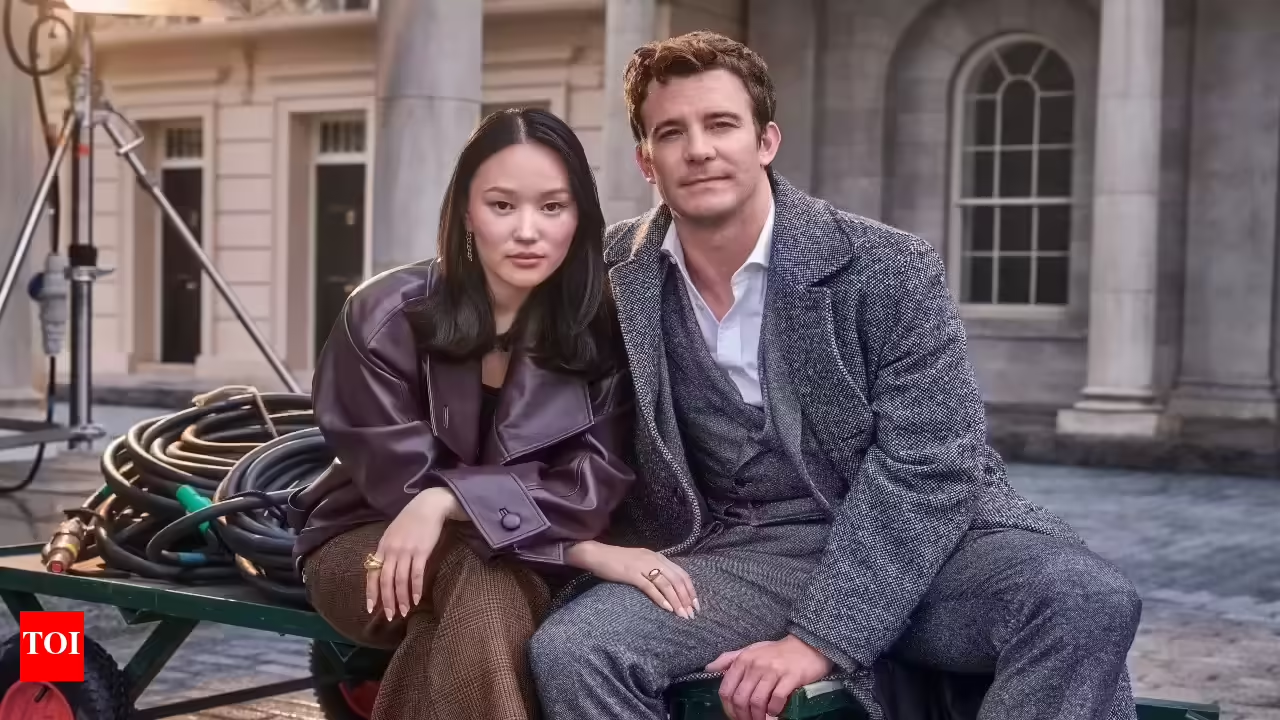

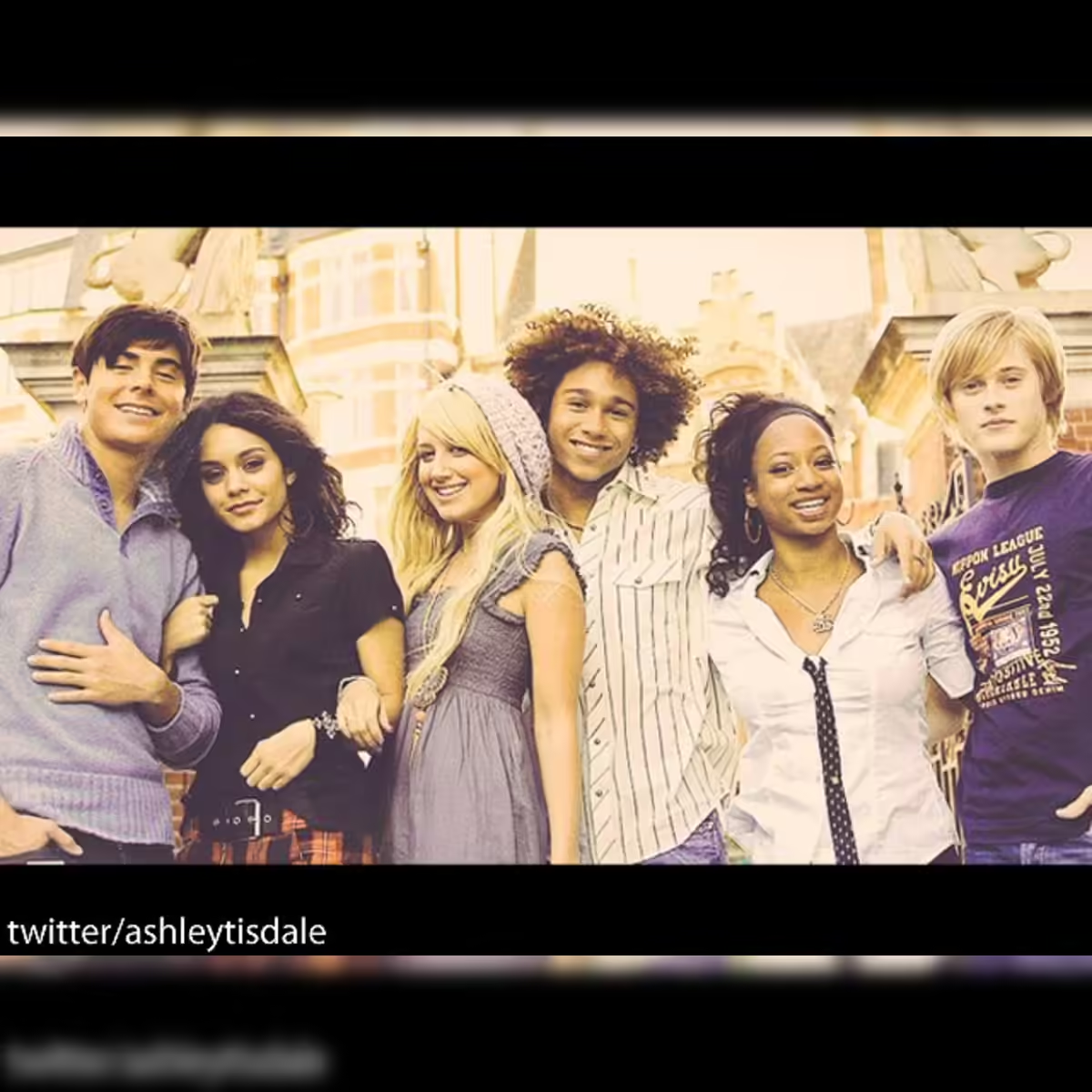


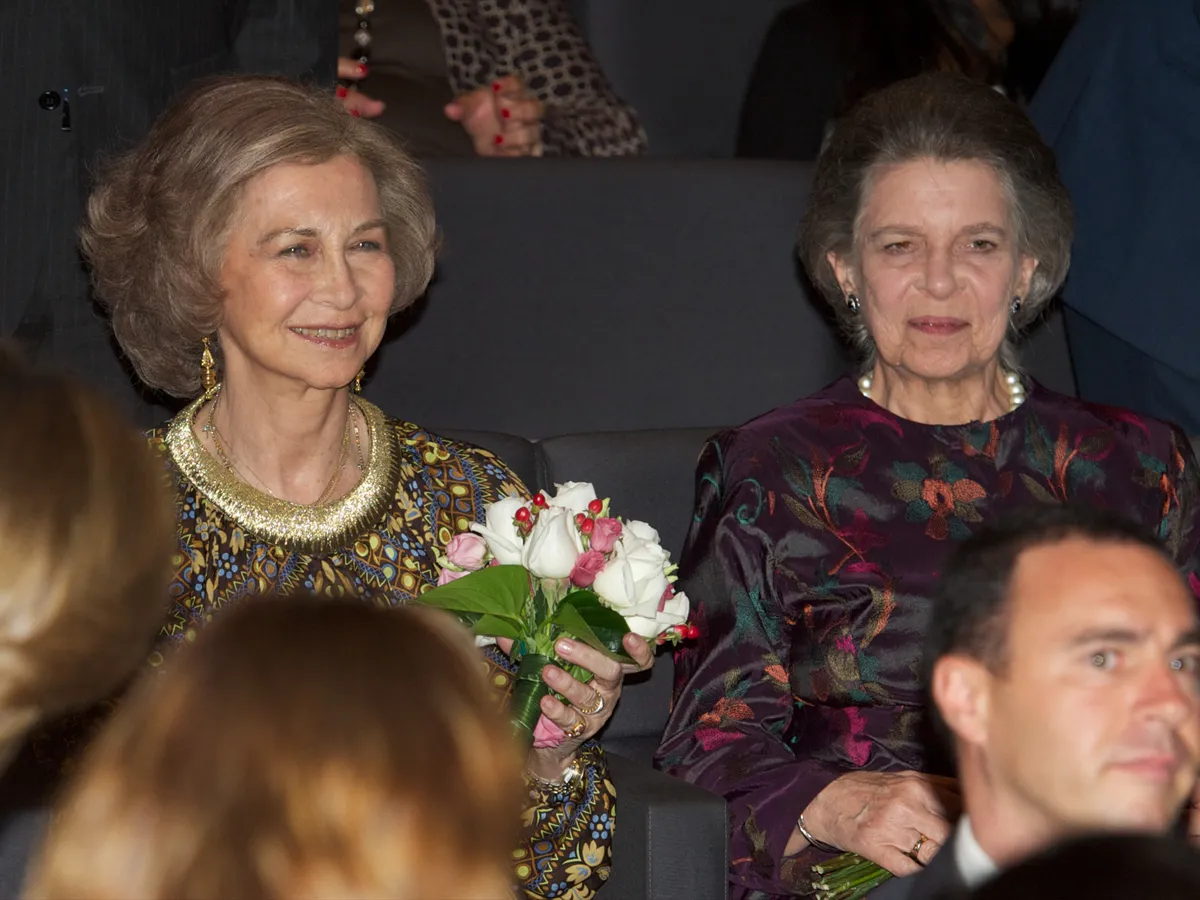
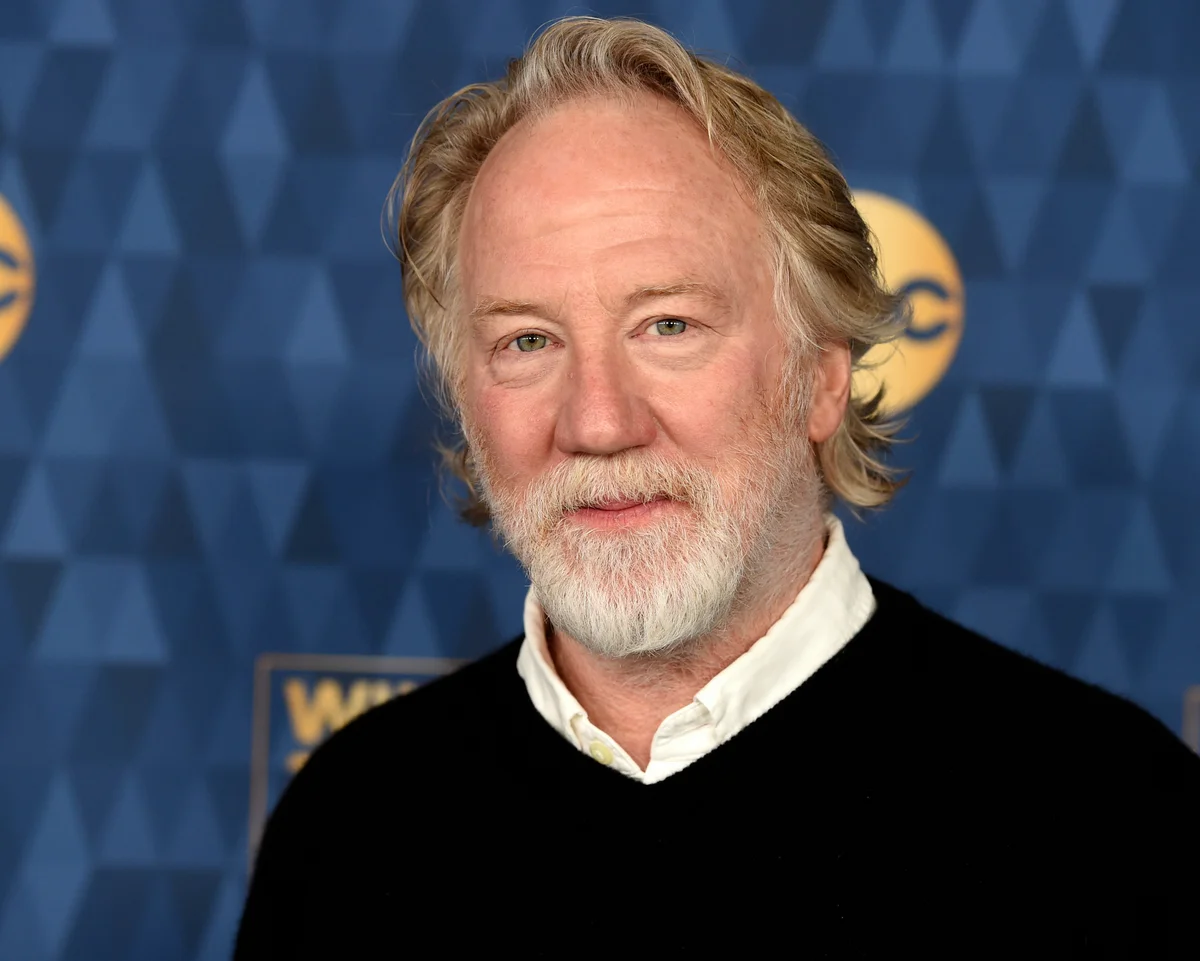




Leave a Reply